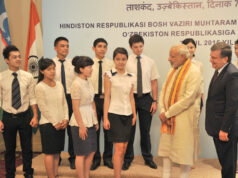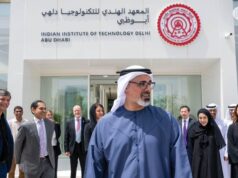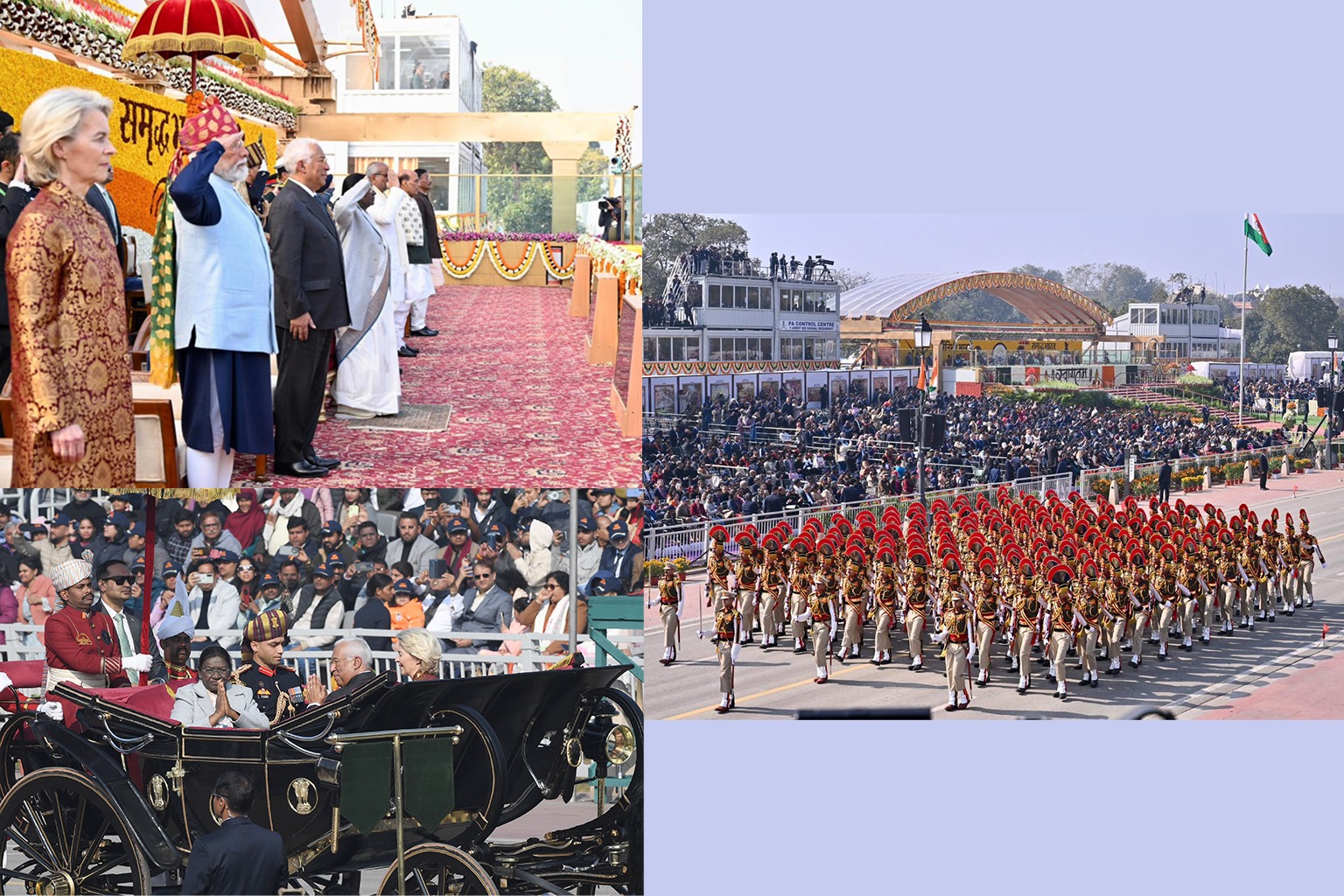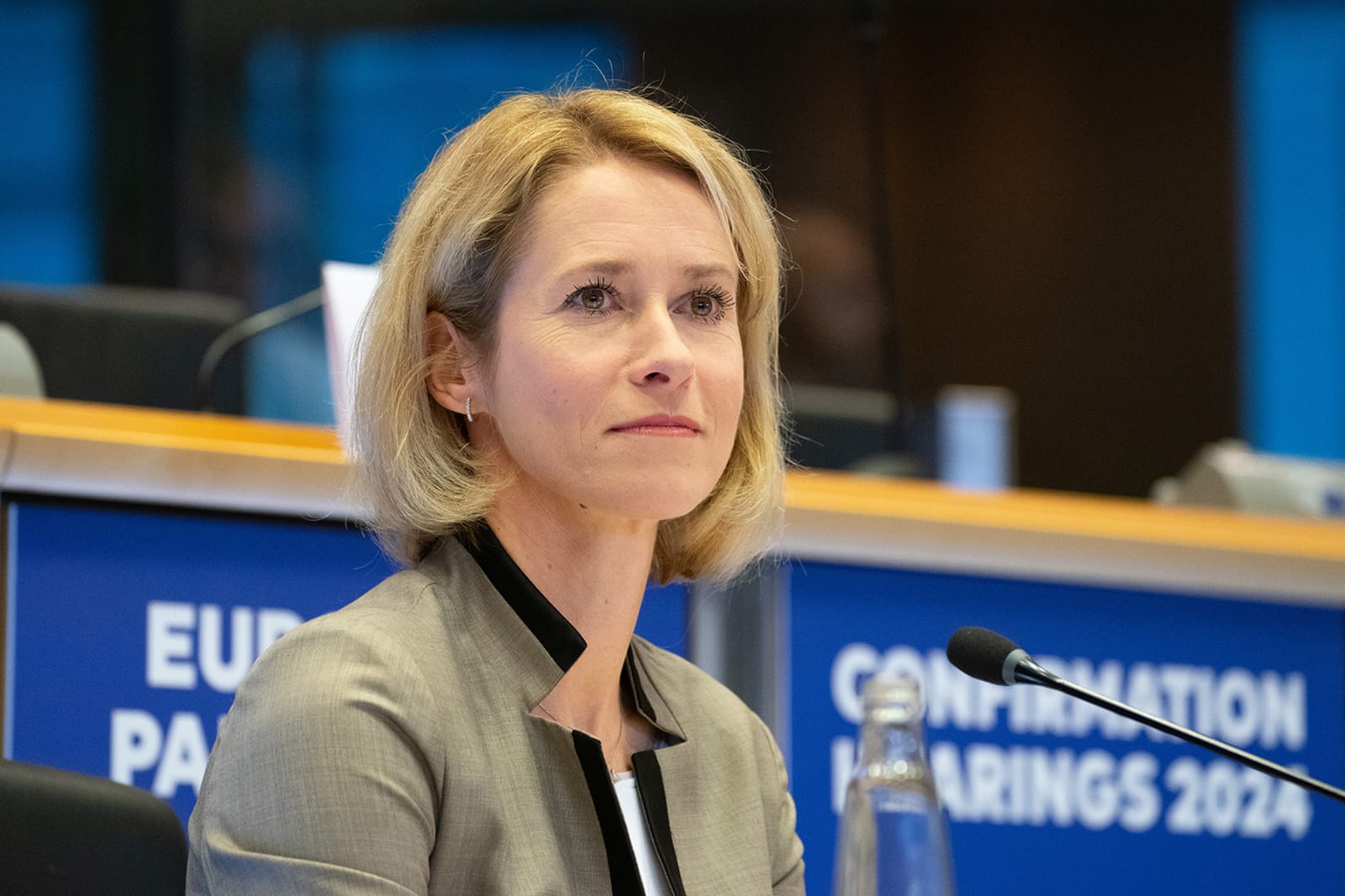Anushree is an aspiring Engineer whose interests lie in the fields of wireless communications, 5G, electronic devices and embedded systems. Anushree is now pursuing a Masters in Electronic and Electrical Engineering from the University of Leeds, United Kingdom (UK). She is among the thousands of students who prefer the UK for higher education. Indians are among the fastest-growing nationalities of students in the UK. In the past 10 years, over 160,000 Indian students have studied in the UK, and the numbers are ever increasing. In the year ending March 2020, over 49,500 Indian nationals were granted a Tier 4 study visa. This was a 136% increase compared to the previous 12 months.
The numbers are expected to rise as recently the UK announced new visa policy reforms in favour of international students, especially Indians. Multiple factors make the UK an attractive higher studies destination for Indian students. Academic excellence, low cost of studying, favourable visa policies, abundant scholarships, choice of courses and internships, and global employability are among the few.
Academic Excellence
The attractiveness of the UK as a hub of academic excellence is evident by the fact that 38% of Nobel Laureates chose the UK as their preferred destination. Academic excellence is weighted by multiple factors including research citations, publications, facilities provided to the students and researchers and living conditions. UK universities have become equivalent to academic excellence, which is also reflected in various indices and studies. First, London has been named the world’s best city for students for the second consecutive year, as per ‘The QS Best Student Cities Ranking’ compiled by global education consultancy Quacquarelli Symonds (QS). Second, the UK is home to many top universities in the world. According to QS World University Rankings 2020, 4 of the top 10 universities in the world are from the UK. According to Times Higher Education World University Rankings 2020, the UK is home to 28 of the top 200 universities in the world. Third, the UK is leading in the field of academic research. It is ranked second for science and research, and 54 percent of its output is defined as world-leading – higher than the US, Canada, Germany, Japan, and Brazil. Fourth, the population to research output ratio is also high in the UK. Despite representing just 0.9% of the global population, the UK produces 15.2% of the world’s most highly cited research. Its field-weighted citation impact is 1.57 compared to a global average of 1.0 (Elsevier for UK Govt dept BEIS). Lastly, the UK has the highest international student satisfaction ratings among English-speaking countries, according to a 2017 report by Universities UK International.
Visa Policies and Processing
Visa policies play a vital role in the academic relation between countries. A range of factors like the visa application process, visa requirements, and post-study work visa provisions are important in determining the destination to pursue higher education. The UK has 18 Visa Application Centres in India – more Visa Application Centres than in any other country. First, the UK offers the 24-hour Super-Priority Visa and 5 working day Priority Visa services to visitors, students and those applying for most work visas, allowing more applicants the opportunity to get a visa decision faster. The Super-Priority service is offered in the cities of Bengaluru, Pune, Delhi, Chennai, and Mumbai. Second, the UK also offers the ‘Start Up’ and ‘Innovator’ visas which allow recent graduates with a business idea and already established businesses additional routes to set up their businesses in the UK.
Moreover, the ‘Graduate Route’ scheme, announced in September 2019, provides a two-year period post-study work visa to international graduates at UK universities where they can work, look for work, or gain experience in all the UK has to offer. This expands opportunities for talented international students to build successful careers in the UK. This scheme will launch from the academic year 2020 -2021. The new Graduate Route will be available to international students who have completed a course in any subject at undergraduate level or higher level. Under this scheme, Indian graduates in any subject will be able to stay in the UK for up to two years to find work at any skill level after they graduate from a UK university. There will be no cap on the number of students who can apply.
Cost of Studying
Studying in the UK is good value for money – costs are lower than in both the USA and Australia. According to research by HSBC, the average annual costs for international students were $30,325 in the UK, $35,705 in the USA, and $38,516 in Australia. This is partly due to the short, diverse, flexible courses offered in the UK.
Choice of Courses and Internships
Undergraduate students can graduate in just three years in England, Wales and Northern Ireland– including in engineering and law. Apart from full time and part-time courses, UK universities also offer combined degrees, top-up degrees, conversion courses, sandwich courses and integrated degrees which help students graduate faster while still getting a quality education. Students can explore work placements, volunteering opportunities, internships and university societies. While rules may vary from university to university, the visa rules allow students to undertake an internship, placement, or work up to 20 hours a week.
Scholarships
There are a range of scholarships open to Indian students. Many of these are provided by universities themselves, but there are government-funded scholarships as well. In 2018/19 alone, the UK government offered nearly 500 scholarships, worth approximately £4.6- million, to Indian students. According to the British Universities International Liaison Association (BUILA), individual UK universities offer scholarships and bursaries worth over £13 million. The UK offers many prestigious scholarships like Chevening, GREAT, Commonwealth, and Charles Wallace India Trust Scholarships. First, the India Chevening country programme is the largest in the world and has supported more than 3,000 Indian scholars and fellows to go to the UK since 1983. Second, the British Council gave over 160 scholarships to Indian women to pursue a master’s programme in Science, Technology, Engineering and Math (STEM) in the United Kingdom for the 2018-19 and 2019-20 sessions. The scholarship programme funded full tuition. Third, the GREAT Education Scholarship offers up to 67 full-tuition scholarships with a value of over £1 million for a broad range of subjects for undergraduate and postgraduate levels. Fourth, Charles Wallace India Trust Scholarships enables Indian professionals to spend time in the UK, helping them to achieve artistic, academic and professional ambitions and to broaden their international contacts.
Global Employability
According to the QS Graduate Employability Rankings, UK universities produce some of the most employable applicants in Europe. Fourteen universities from the UK rank in the top 100 of the QS Graduate Employability Rankings 2020 and 7 of them are in the top 50.
Living Conditions
The UK provides excellent living conditions for students. London was voted the best city for students in 2019 in the QS Best Student Cities Rankings report. The QS Best Student Cities Ranking is based on indicators like student mix, desirability, employer activity, affordability, student view, and performance of universities in each city in QS World University Rankings. Seven cities of the UK feature in the top 50 list and 11 cities feature in top 100.
Furthermore, the UK-India Education and Research Initiative (UKIERI) has deepened the academic engagement among students, professors, and researchers between India and the UK. The UKIERI is a multi-stakeholder programme and is currently in its third phase. The British Council is one of the delivery partners of the UKIERI along with Universities UK International and Association of Colleges. UKIERI Phase Three (2016-2021) aims to promote institutional and individual excellence in educational practices, research, and employability. The UKIERI programme has allowed the UK and Indian government stakeholders to work closely in the area of higher education – internationalisation of Indian higher education institutes (HEIs) and enabling student exchange – with great success. The programme was opened during July 2019 and generated up to 600 opportunities for undergraduate students at UK universities to study in Indian institutions by March 2021.
Greater Satisfaction with Outcome of Study
Additionally, Indian students have reported greater satisfaction with the outcomes of their study programmes in the UK. The ‘Indian Graduate Outcomes’ study reports the employability outcomes of Indian graduates from UK universities, who were surveyed 2–7 years after graduating. The survey was carried out as part of UUKi and iGraduate’s ‘International Graduate Outcomes’ study, which looked at the employability outcomes of UK graduates from 183 countries around the world. The most recent figures show that 19,750 Indian students were studying in the UK in the academic year 2017/18. This is an increase of 19% on the previous year, with the number of new enrolments rising by 28%; from 9,720 to 12,465. The number of student visa applications from India increased by 40% between March 2018 and March 2019. In the report, 90% of women in this group said that they have average or above average earning; 82% of Indian respondents said that they are satisfied or very satisfied with their careers; 90% of Indian students were satisfied with the living experience at their UK University. The UK ensures students feel welcomed, which is why 86% of Indian students felt welcomed in the UK and 87% of graduates were satisfied with the learning experience at the UK University. The UK creates a lifelong connection as 92% of Indian graduates would seek to remain connected to their UK University, 6% more than the average for respondents of all nationalities.
Lastly, business and administrative studies continue to remain the most popular subject for international students. The most popular courses for international students in the UK are Business and Administrative Studies, Engineering and Technology, Social Studies, Subjects Allied to Medicine, Creative Arts and Design, Biological Sciences, Law, Computer Science. For Indian students, popular subjects at the UG level continue to be business and engineering but there is increased interest in subjects like social sciences, law, architecture, building and planning. Popular subjects at the PG level are the same as for UG, with increasing interest in social studies and biological sciences.
In conclusion, academic excellence, low cost of studying, favourable visa policies, abundant scholarships, choice of courses and internships, global employability, and higher job satisfaction make the UK a preferred destination for higher education.









